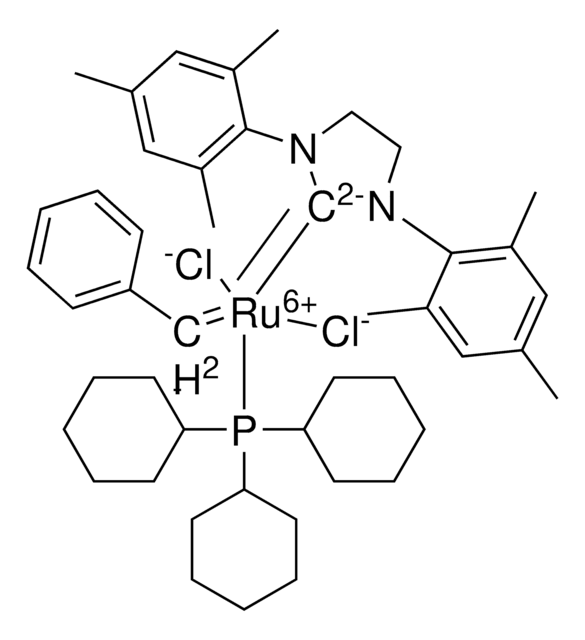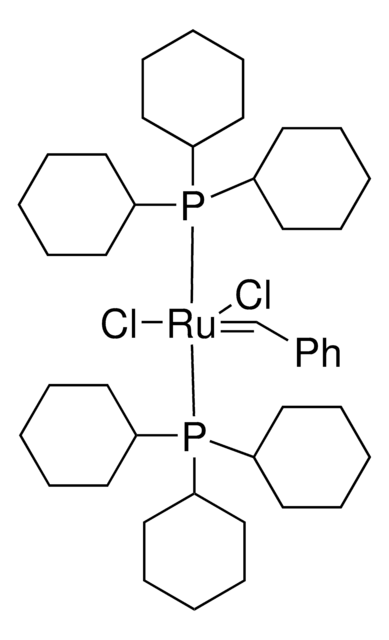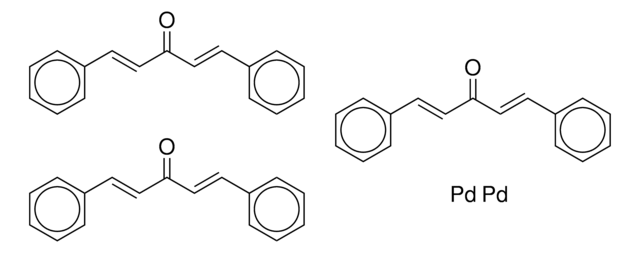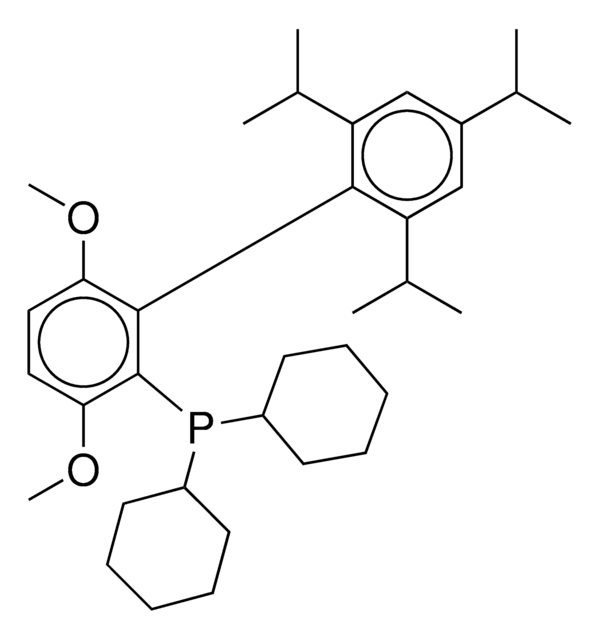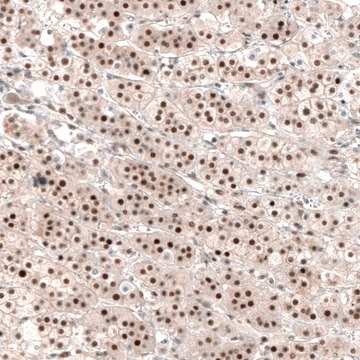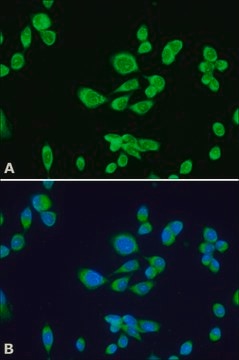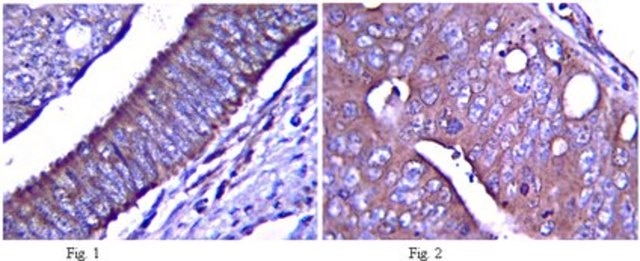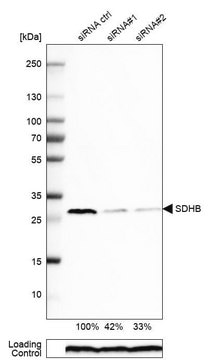ABS159
Anti-HPK1 Antibody
from rabbit
Synonym(s):
Mitogen-activated protein kinase kinase kinase kinase 1, Hematopoietic progenitor kinase, MAPK/ERK kinase kinase kinase 1, MEK kinase kinase 1, MEKKK 1
About This Item
Recommended Products
biological source
rabbit
Quality Level
antibody form
purified antibody
antibody product type
primary antibodies
clone
polyclonal
species reactivity
human
technique(s)
immunohistochemistry: suitable (paraffin)
western blot: suitable
NCBI accession no.
UniProt accession no.
shipped in
wet ice
target post-translational modification
unmodified
Gene Information
human ... MAP4K1(11184)
General description
Specificity
Immunogen
Application
Signaling
Developmental Signaling
Quality
Western Blot Analysis: 0.5 µg/mL of this antibody detected HPK1 on 10 µg of Raji cell lysate.
Target description
Physical form
Storage and Stability
Analysis Note
Raji cell lysate
Other Notes
Disclaimer
Not finding the right product?
Try our Product Selector Tool.
wgk_germany
WGK 1
flash_point_f
Not applicable
flash_point_c
Not applicable
Certificates of Analysis (COA)
Search for Certificates of Analysis (COA) by entering the products Lot/Batch Number. Lot and Batch Numbers can be found on a product’s label following the words ‘Lot’ or ‘Batch’.
Already Own This Product?
Find documentation for the products that you have recently purchased in the Document Library.
Our team of scientists has experience in all areas of research including Life Science, Material Science, Chemical Synthesis, Chromatography, Analytical and many others.
Contact Technical Service